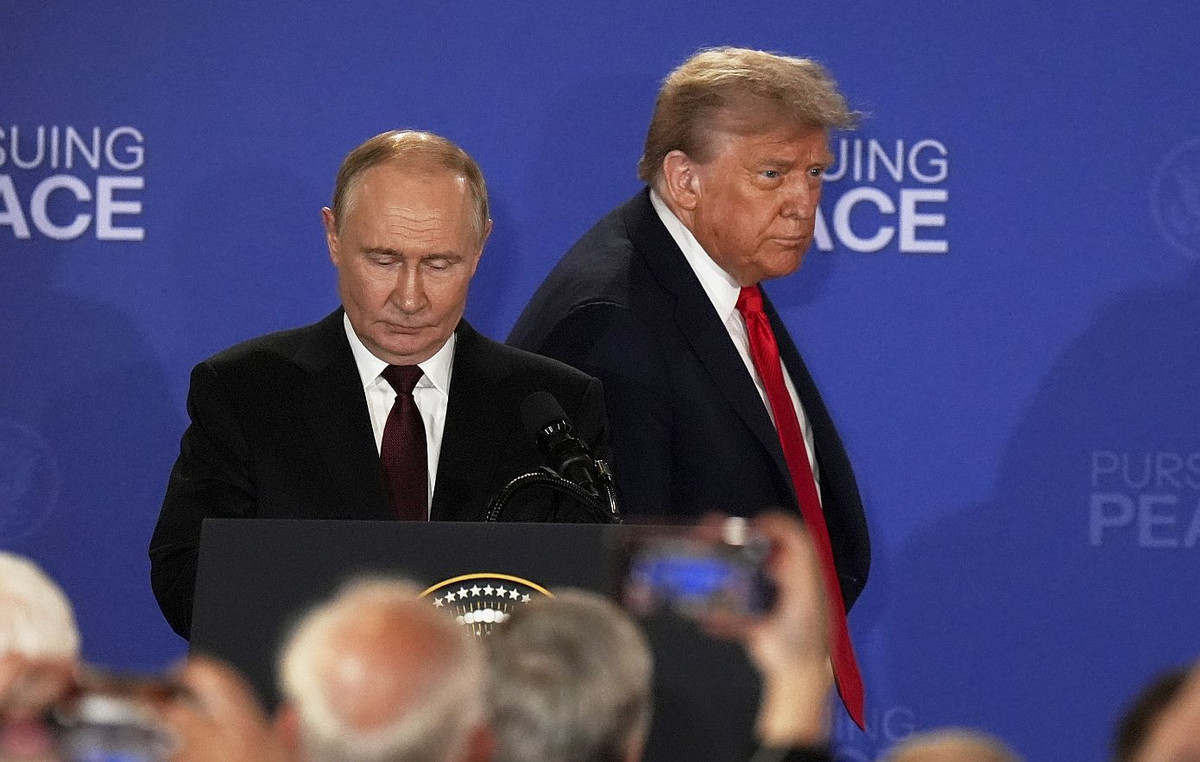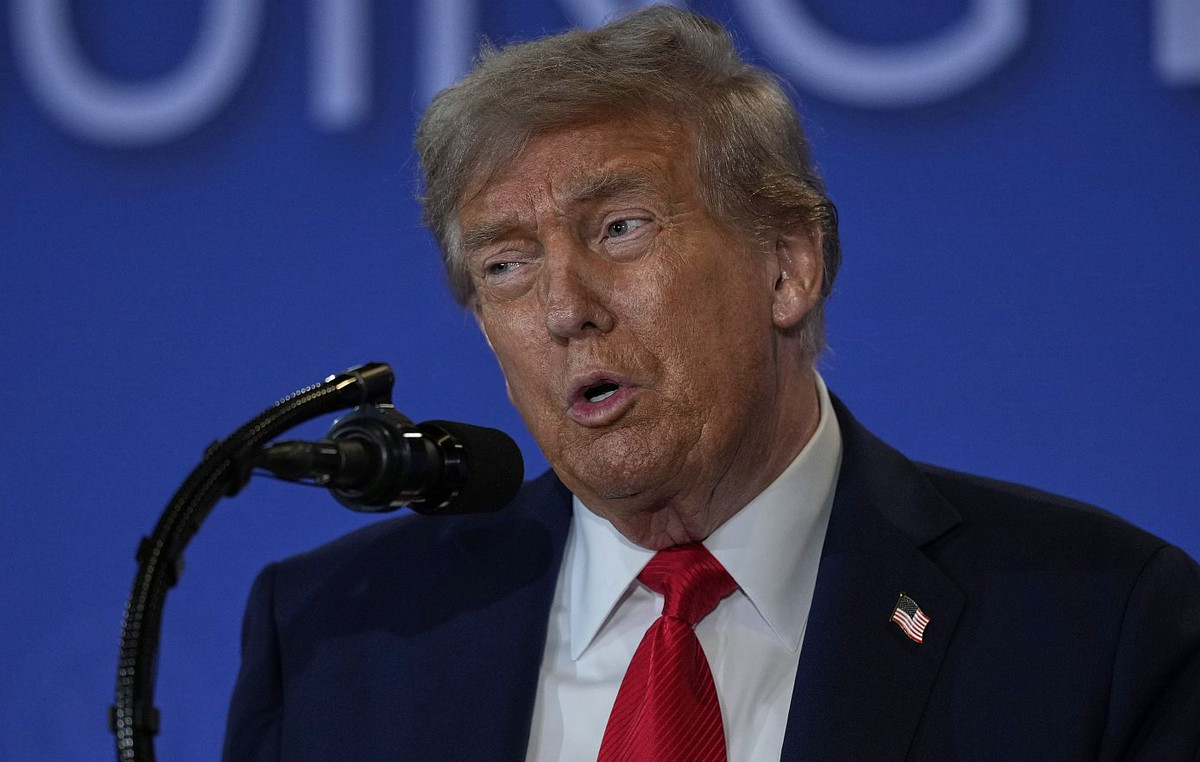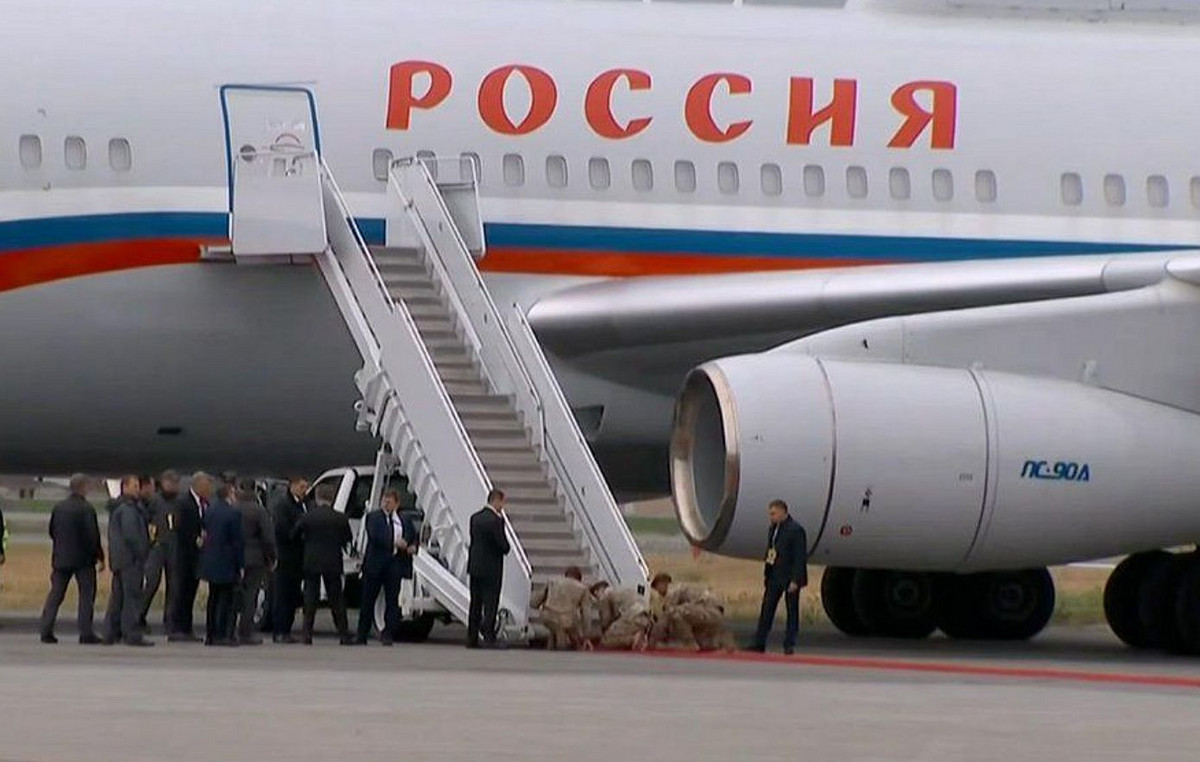A summit of the UN Intergovernmental Negotiation Committee, which brings together 175 countries in South Korea to debate an international treaty on controlling plastic pollution, is about to end without an agreement.
Delegates are having difficulty advancing negotiations on the document that will establish a list of binding global rules for plastics.
The president of the negotiations, Luis Vayas Valdivieso, issued a document on Friday (29) outlining measures that could provide the basis for a pact, in an attempt to stimulate discussions as the December 1 deadline approaches.
In the statement, the committee chair presents ideas such as a global list of plastic products to be managed and a financial mechanism to help finance developing countries’ action on the treaty.
“High and rapidly increasing levels of plastic pollution represent a serious environmental and human health problem,” the document says.
The statement mentioned, but did not confirm, some of the more controversial tasks, such as whether the treaty will set a global target to reduce the production of primary plastic polymers or not.
It left it up to countries to voluntarily decide to take a range of possible actions on plastic products and did not determine how rich countries would contribute to a fund. There also appeared to be no concrete standards for screening chemicals of concern and protecting human health.
Received with criticism
However, some delegates and civil society organizations stated that there are deficiencies in the document, including the room for maneuver to reduce plastic production.
“Drying the floor when the tap is running is pointless,” said Anthony Agotha, Climate and Environment Ambassador for the European External Action Service, saying plastic production and design restrictions need to be in the final agreement.
The International Council of Chemical Associations (ICCA), which represents plastics manufacturers, supports governments’ efforts to finalize the agreement, spokesman Stewart Harris said, adding that the body wants to accelerate a circular economy for plastics.
Deal stuck
Countries that produce petrochemical products, such as Saudi Arabia, oppose efforts to limit plastic production, despite protests from low- and middle-income countries that are impacted by plastic pollution.
While supporting an international treaty, the petrochemical sector has also spoken out for governments to avoid setting mandatory limits on plastic production in favor of efforts to reduce waste, such as recycling.
The initiative by the chairman of the negotiating committee was taken after several participants expressed frustration with the slow pace of negotiations, amid disagreements over procedures, various proposals and some efforts to return to issues discussed in the past.
“Most countries came here with the idea of including a numerical target (for plastic reduction), but we presented a proposal that not only exceeds, but also steps on our own red lines,” said Juan Monterrey, head of the delegation from Panama, which led a proposal with the support of more than 100 countries.
“Therefore, we are looking for all the other delegations that have not moved an inch so that they meet us halfway,” said the Panamanian representative.
This content was originally published in Negotiations on plastics treaty are held at UN summit on the CNN Brasil website.
Source: CNN Brasil
Bruce Belcher is a seasoned author with over 5 years of experience in world news. He writes for online news websites and provides in-depth analysis on the world stock market. Bruce is known for his insightful perspectives and commitment to keeping the public informed.







